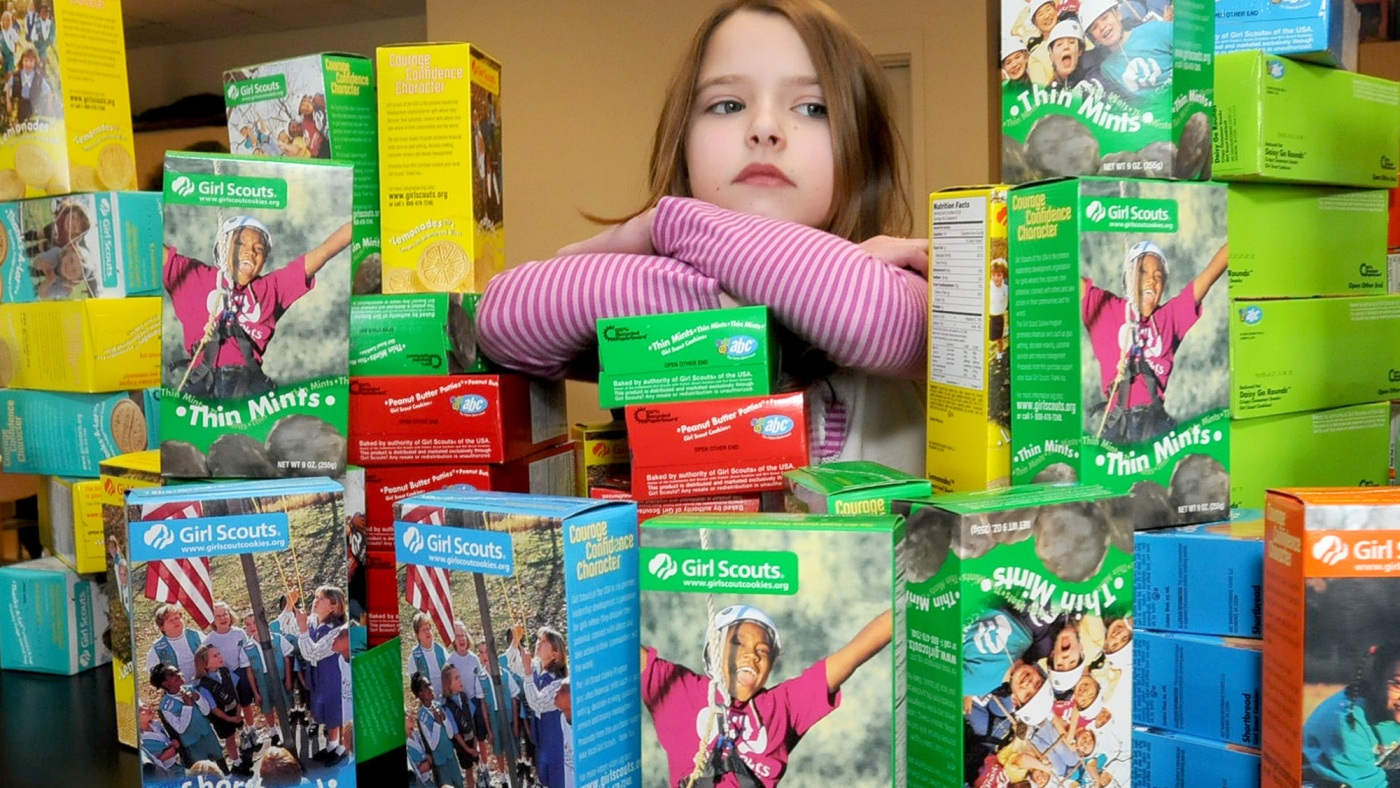The year has been significant for Zen Honeycutt and her advocacy group, Moms Across America. President Trump appointed Robert F. Kennedy Jr., an ally of Honeycutt’s organization, to head the Department of Health and Human Services. Honeycutt attended Kennedy’s Senate confirmation hearing and celebrated his selection. Additionally, Sen. Cory Booker referenced her group’s work when proposing a bill to eliminate toxic substances in school lunches and support organic farming.
Recently, Moms Across America co-sponsored a study that examined toxic contaminants in the U.S. food supply, focusing on Girl Scout cookies. The study detected trace amounts of heavy metals (arsenic, cadmium, lead, and mercury), aluminum, and glyphosate, an herbicide found in Roundup, in the cookies. Honeycutt argues that similar results would likely be found in most non-organic cookies and food products.
However, fact-checking sites have criticized the study for being misleading due to its small sample size, lack of peer review, and methodological flaws. Toxicologist Joe Zagorski from Michigan State University stated that the levels of contaminants found in the cookies are not dangerous. For instance, a child would need to consume over 73,000 cookies daily to reach a concerning level of glyphosate exposure. Zagorski emphasized that dosage determines toxicity, and the levels found in the cookies are too low to pose a health risk.
The study has caused a public relations issue for the Girl Scouts, going viral on social media and prompting a class-action lawsuit. The Girl Scouts maintain that their cookies are safe and comply with all food safety regulations.
This controversy highlights growing distrust in American institutions, complicating solutions to the economic problem of asymmetric information in the food industry. Consumers often lack complete knowledge about the products they consume and rely on trust in authorities to ensure safety. When this trust erodes, it challenges the effectiveness of food regulation.
While some scientists dismiss concerns about trace contaminants, Honeycutt believes even small amounts can affect health over time. She advocates for organic foods, claiming health benefits for her family after switching. Despite the market growth of organic products, scientists like Zagorski argue that organic foods are not necessarily safer or healthier than conventional ones.
The debate reflects broader skepticism towards regulators and experts, fueled by social media and podcasts. Trust in food safety systems is further complicated by potential conflicts of interest among researchers and regulators.
Honeycutt suggests trusting independent scientists and personal experiences over corporate-funded studies. She hopes Robert F. Kennedy Jr., as Health and Human Services Secretary, will restore trust in food regulation systems.
For Honeycutt to consume Girl Scout cookies again, she insists they must be organic. — new from NPR
